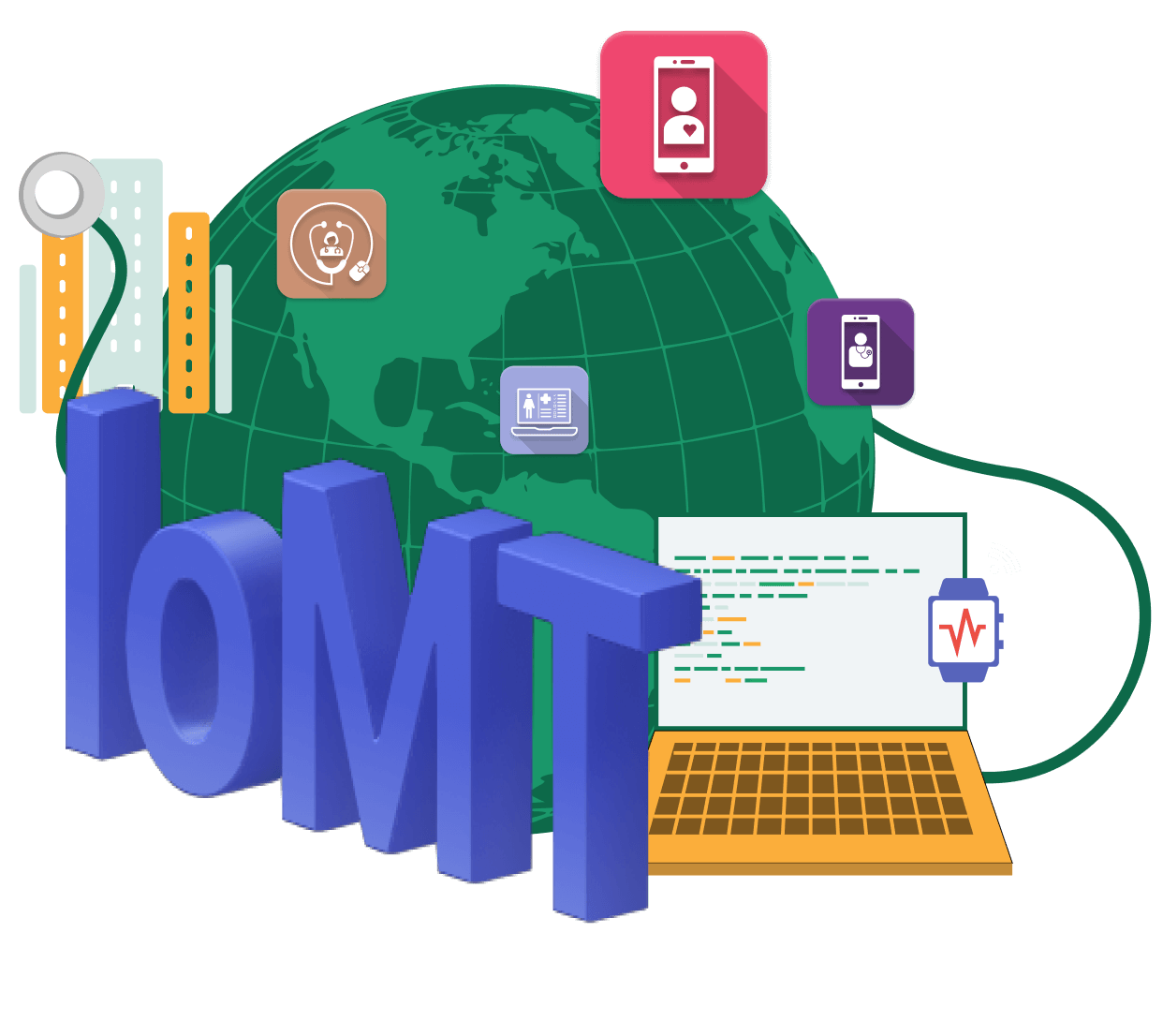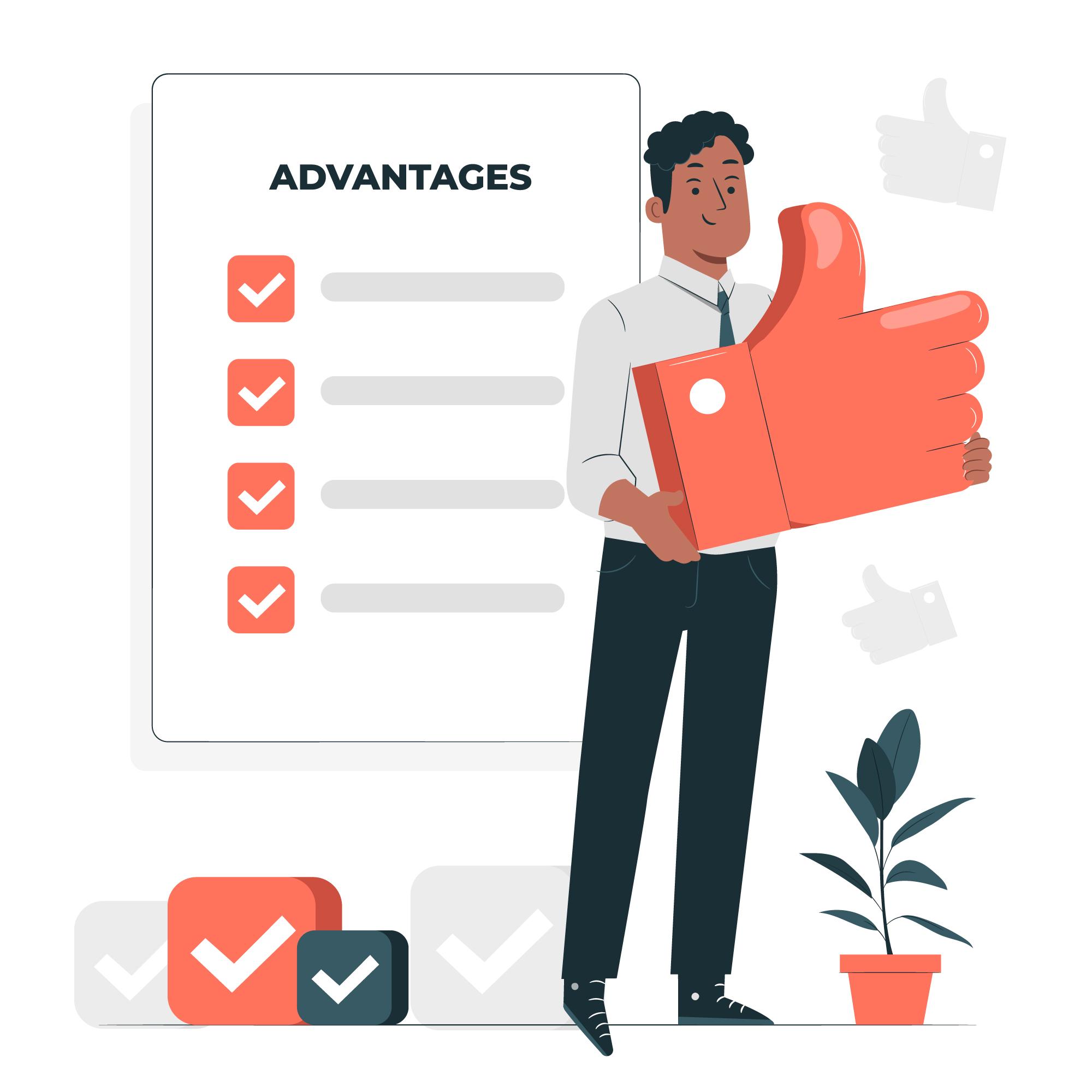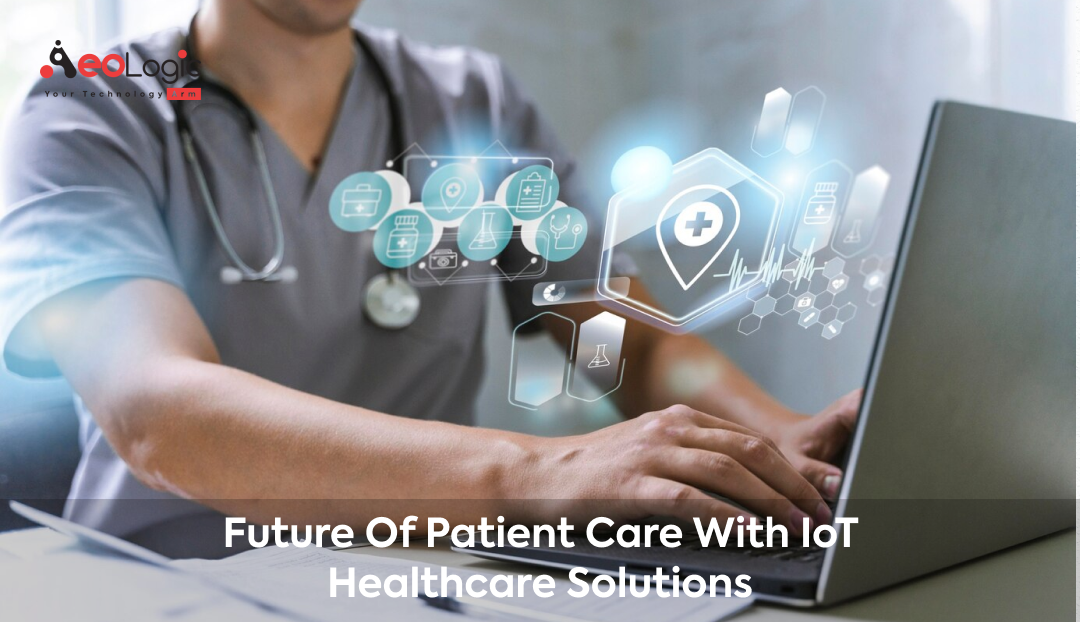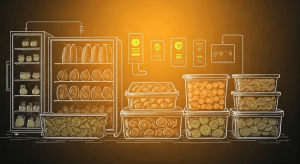Continuous advancements in healthcare and medical services have always been a topic of discussion in the industry ever since they were first introduced. In order to revolutionise the healthcare industry in the most effective manner possible, the medical professionals make use of IoT healthcare solutions and work diligently to achieve this goal.
In this regard, the Internet of Things, or IoT for short, is one of the alternatives that is being demanded. Across the globe, this cutting-edge technology has already made a significant influence, and the healthcare sector is not an exception to this tendency.
In the field of healthcare, the Internet of Things (IoT) is being implemented at a rate that has never been seen before. The Internet of Things (IoT) market revenue in the healthcare sector was predicted to reach $135.87 billion by 2025, according to a number of reports. In 2023, the market revenue was $74.31 billion.
The applications of the Internet of Things in the healthcare industry are continually developing, ranging from better medical examinations to virtual consultations with medical professionals. But in the long run, how effective are these solutions for the Internet of Things?
Also Read: Optimizing Business Operations with IoT Solutions
What is IoT?

The Internet of Things (IoT) is a network of interconnected objects integrated with IoT sensors and connected to the Internet. These devices collect, process, and communicate massive volumes of data with other systems or devices in order to optimise operations, improve user experiences, and allow for real-time decision-making.
IoT healthcare solutions, often known as IoMT solutions or Internet of Medical Things, adapt this concept specifically for the medical profession. As a result, it is a network of medical equipment, software, and technological solutions that may monitor patient health, manage therapies, and even aid in surgical procedures. Furthermore, IoT devices in healthcare are frequently designed with industry standards in mind, which improves accuracy, reliability, and compliance with health laws.
Wearable health monitors that check vital signs like heart rate and blood oxygen levels to more complicated systems are among them. Smart hospital beds, for example, can adapt automatically to increase patient comfort and prevent bedsores.
Also Read: Top IoT Security Challenges and Solutions
You might be asking why IoT matters in the healthcare industry.
Thus, IoT-based healthcare systems gather a range of patient data and receive input from physicians and other medical specialists. The best illustration of this is insulin pens with continuous glucose monitoring.
These gadgets are all capable of exchanging data and acting in concert to deliver life-saving assistance in an emergency. An IoT healthcare gadget would gather the data and then transmit this vital information to the cloud so that physicians may take appropriate action.
This suggests that IoT healthcare solutions in healthcare have the potential to enhance patient outcomes, staff productivity, and hospital operations.
Also Read: Role of Internet of Things (IoT) in the FMCG Industry
How IoT Will Revolutionize the Healthcare Industry
The Internet of Things is progressively making its way into healthcare, both for doctors and patients. Ultrasounds, thermometers, glucose monitors, electrocardiograms, and other devices are becoming more connected, allowing patients to follow their health. This is critical in cases requiring follow-up appointments with doctors.
Several hospitals have begun to use smart beds, which can detect a patient’s presence and automatically adapt to the optimum angle and pressure to give proper support without the need for a nurse to assist.
The Internet of Things could potentially assist in improving medical care at home. Unfortunately, some patients do not take their medication in the proper doses or at the proper times. Smart medication dispensers in the home might automatically upload data to the cloud and notify doctors when patients fail to take their medicines. In general, this type of technology could alert clinicians to potentially hazardous patient behaviour.
Boost your business with our IoT Solutions
Top Benefits of IoT Healthcare Solutions

IoT has several advantages across a wide range of businesses, and the healthcare sector is no exception. IoT Healthcare Solutions has numerous benefits for the healthcare industry.
- Simplified Access
- Cost Cutting
- Health Monitoring
- Error Minimization
- Improved Patient Experience
The following are some of the main benefits of IoT in healthcare.
Also Read: IoT in Agriculture: Cultivating Productivity with Smart Farming
Reporting and Monitoring in Real-Time
The ability to get real-time health updates on patients from medical professionals is one of the most important advantages of IoT in healthcare. Constant reporting and monitoring can help prevent major disorders like heart attacks, asthma attacks, hypertension, and the like, or at least help patients get ready for them beforehand.
When a patient’s health is exceedingly serious and every second matters, this can be incredibly helpful. IoMT devices, for example, can be used to collect real-time reports of patients in intensive care units or those placed under particular observation.
Cost-Effectiveness and Connectivity
The Internet of Things has the potential to automate the workflow of patient care with the assistance of healthcare mobility solutions, other innovative Internet of Things technologies, and next-generation healthcare facilities.
Interoperability, artificial intelligence machine-to-machine connection, information exchange, and data transfer are all made possible by the Internet of Things (IoT) in the healthcare industry thanks to its potential to facilitate successful service delivery.
Through the use of connectivity protocols such as Bluetooth Low Energy (LE), Wi-Fi, Z-wave, and ZigBee, as well as other contemporary protocols, medical professionals have the ability to alter the manner in which they diagnose illnesses and afflictions in patients, as well as to develop innovative and revolutionary methods of treatment across a variety of healthcare areas.
Therefore, a technology-driven setup reduces the cost of healthcare by reducing the number of visits that are not essential, making better use of resources, and enhancing the allocation and planning of resources.
Also Read: IoT Integration in Smart Cities for a Sustainable Future
Tracking and Notifications
In long-term medical conditions, timely alertness is of the utmost importance. Internet of Things (IoT) devices in the medical field collect vital indicators of any condition and send that information to clinicians for real-time tracking. Additionally, these devices send notifications to individuals about crucial portions of the body using mobile applications and smart sensors.
A definitive opinion regarding the condition of a patient can be obtained through reports and alerts, regardless of the location or time.
In addition to this, it can assist medical professionals in making informed decisions and delivering therapy in a timely manner.
Real-time alerting, tracking, and monitoring are thereby made possible by the Internet of Things (IoT), which enables hands-on treatments, improved accuracy, appropriate intervention by medical professionals, and improved outcomes for the delivery of comprehensive patient care.
Read our trending blog: Top IoT Security Challenges and Solutions
Final Words
So, the information described above will define the IoT healthcare solutions market in 2024 and beyond. We expect to outperform these impending trends in a Healthcare economy that is more cautious than reactive, and more human-focused than revenue-focused.
Because we live in an advanced digital age, you can also choose skilled companies without regard for location. Assume you are staying in the European Union. In that scenario, you should hunt for a healthcare app development company in the United States or a healthcare mobile app development company in another state.
Best IoT healthcare solutions cannot exist in isolation. To greatly increase the transformation of healthcare facilities, all IoT instruments and their systems must be integrated with various technologies. As previously stated, IoT will revolutionize the healthcare sector, but it will also necessitate data, a high-speed connection, and traditional safety and consent.










